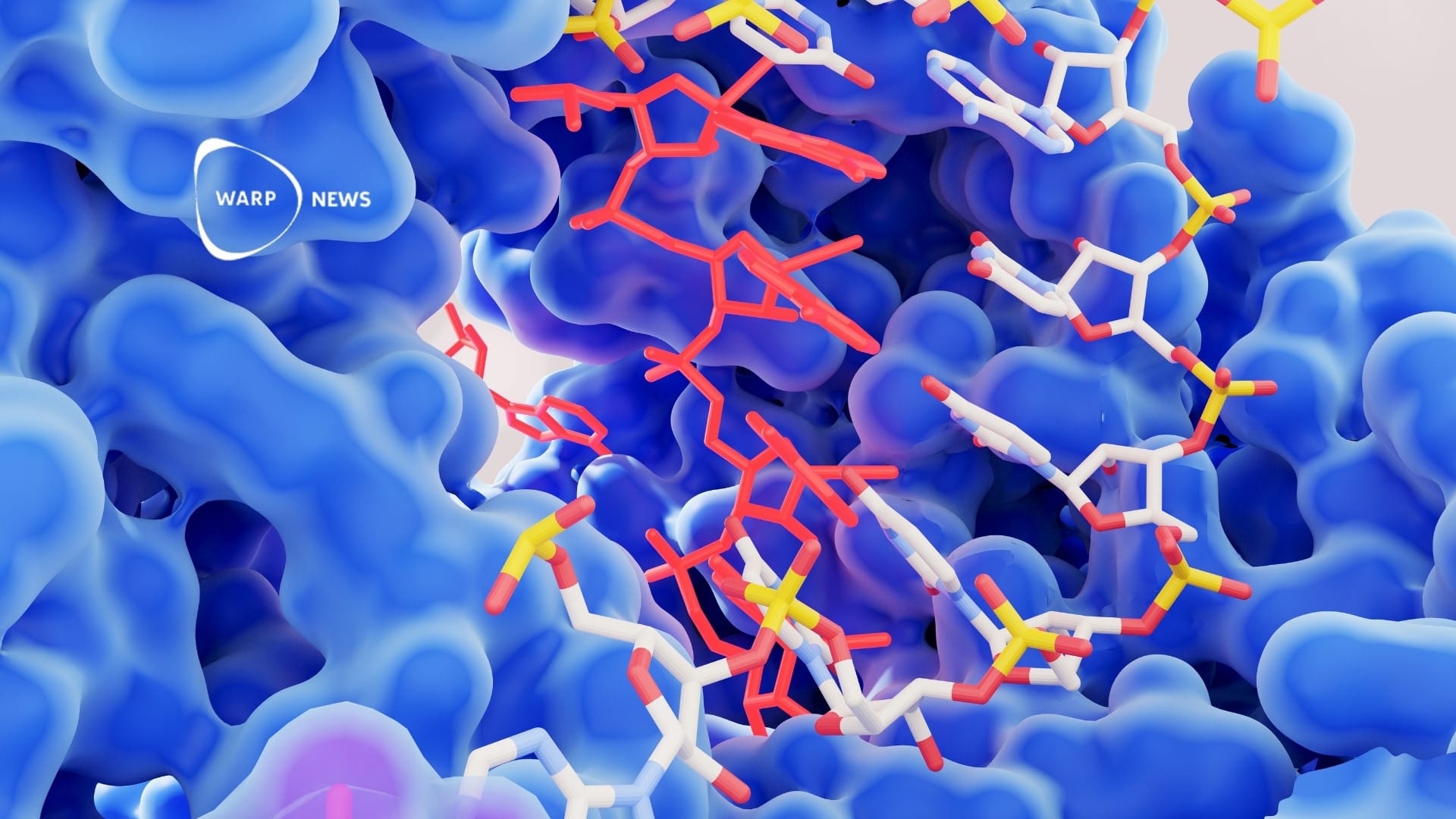
Scientists Just Released a New Playbook for Engineering Longer, Healthier Lives
Share this story!
It’s hard to pinpoint the exact moment anti-aging research morphed from quackery to an established science. Some say it’s 1939, when an experiment that restricted calories in rodents bizarrely increased their lifespan. Others argue it’s 1961, when Leonard Hayflick discovered a limit for the number of times a human cell divides before it enters a dormant aged state.
But perhaps the most disruptive moment was 1993, when scientists found that mutating just one single gene—age-1—increased lifespan in the lowly roundworm C. elegans up to 60 percent. Meanwhile, other discoveries in the 1900s began tentatively revealing a strange link between lifespan and healthspan—the length of healthy life. Somehow, many interventions that prolong lifespan in the labs also boosted the animal’s healthspan, allowing them to live out their lives free of disease even in old age.
Geroscience came to a bewildering paradigm shift. Aging, as once believed, isn’t immutable. What seems…
Continue Reading at The Singularity Hub…
By becoming a premium supporter, you help in the creation and sharing of fact-based optimistic news all over the world.


